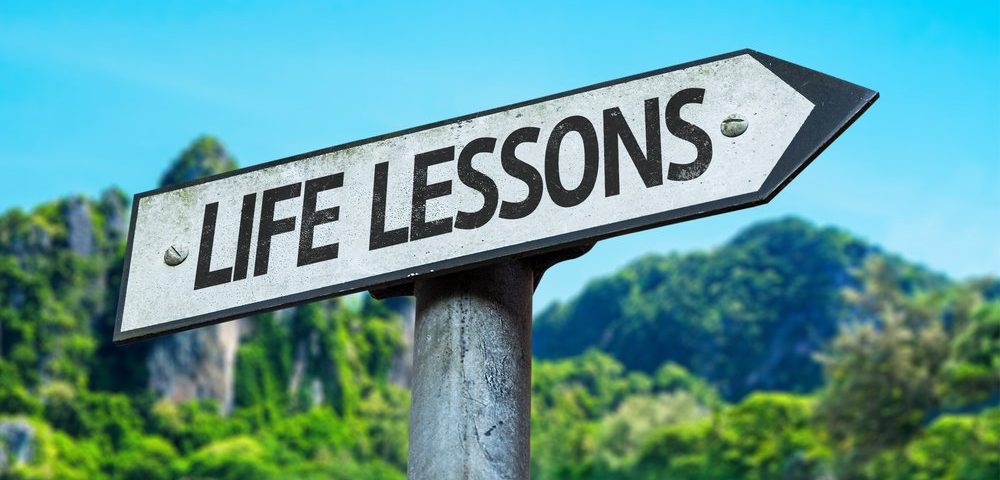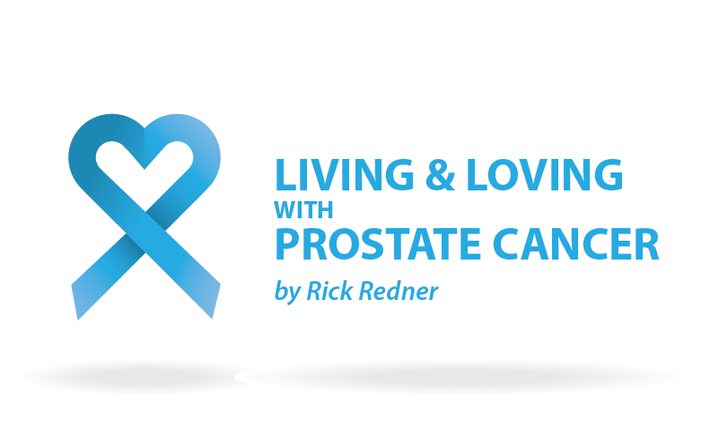There’s a well-kept secret you’ll discover on your own about living as a cancer survivor. Most of us learn this painful lesson after many unsuccessful attempts to receive understanding and support from our healthy friends and family.
A cancer survivor asked this question in a cancer support group: “Does anyone ever feel like they’re alone in life?”
One person answered: “Every day.”
Another answered: “All the time.”
At some point in the journey as a cancer survivor, I believe everyone feels some degree of isolation or loneliness.
I remember the first (and last) time I shared how much I hated living in diapers. I thought sharing my experience with a group of women in my church would increase the odds of someone understanding my struggles.
The first unhelpful remark minimized what I was going through. A woman said: “Living in diapers isn’t so bad.” For me, losing urinary control and living in diapers was the most awful, life-changing event in my lifetime. Her remark was miles apart from how I felt.
Another woman said: “What’s the big deal? It’s temporary.” Prior to surgery, my urologist warned me that I could be in diapers for the rest of my life due to my pre-existing urological issues. I had no reason to think or believe that living in diapers was a temporary condition, and neither did she. I was annoyed with her attempt to help me put things in perspective when she had no idea of the facts.
The third woman informed me that I should feel “grateful to be alive.” At that point in my journey, I was feeling sorry I survived prostate surgery. Once again, the gap between what I was told to feel, compared to how I actually was feeling, was immeasurable.
After numerous unsuccessful bids to get support from healthy folks, I realized there was an insurmountable “expectation gap.” The expectation gap is the difference between what people think is going on versus what’s really going on. I wrote a chapter about my experiences with the expectation gap in my book, “I Left My Prostate in San Francisco — Where’s Yours?”
I found the expectation gap was too wide to cross when I was relating to healthy friends, family, and colleagues. I believe healthy folks have no framework, or basis for understanding. They are unable, or too frightened, to hear about the realities of cancer survivorship.
It doesn’t matter how close you were, how long you’ve known one another, or whether you’re flesh and blood. It’s unlikely you’ll receive the understanding, support, or caring you hoped you’d receive from most of your healthy friends and family.
Most folks who never lived with cancer cannot understand the side effects of treatment, the quality-of-life changes, the changes in your level of energy, or the changes in how you feel about your body and your self-image.
If you’re fortunate enough to look reasonably healthy, folks with little or no understanding of cancer will assume you feel as good as you look. They don’t understand that how you look physically does not reflect how you feel physically or emotionally.
As a result of the “expectation gap,” it’s natural to allow your hurt or disappointment to interfere with your close relationships. When you do, you’ll find yourself kicking friends, family, or colleagues out of your life.
I understand your disappointment and hurt. I also know the value of keeping friends, family, and colleagues in your life. In order to accomplish this, you’ll need to adjust your expectations.
I won’t discuss issues related to surviving prostate cancer with healthy folks unless I’m invited. The people I’ll rely on for support and understanding are on the same journey as I am with prostate cancer.
In the age of Facebook and the internet, it is easy to find support groups online. If you prefer person-to-person support, you can find out if that’s available in your community with a few Google searches.
Following is a list of my do’s and don’ts:
Do’s
• Forgive anyone who disappoints you.
• Form a team of friends, family, fellow cancer survivors, healthcare professionals, a support group, your spiritual community, and your partner to share your life with you, as they are able, while you live with cancer.
• Keep as many familiar people in your life as possible, even if they don’t understand what you’re going through.
• Find outlets to share your journey with others.
Don’ts
• Don’t kick anyone out of your life for the sole reason that they didn’t give you the understanding or support you needed.
• Don’t expect anyone who hasn’t lived with cancer to understand your experiences.
• Coping with cancer can challenge you for years or decades. Don’t expect folks to stay on your team through the entire journey.
• Don’t give up seeking support, understanding, and encouragement.
***
Note: Prostate Cancer News Today is strictly a news and information website about the disease. It does not provide medical advice, diagnosis, or treatment. This content is not intended to be a substitute for professional medical advice, diagnosis, or treatment. Always seek the advice of your physician or other qualified health provider with any questions you may have regarding a medical condition. Never disregard professional medical advice or delay in seeking it because of something you have read on this website. The opinions expressed in this column are not those of Prostate Cancer News Today, or its parent company, BioNews Services, and are intended to spark discussion about issues pertaining to prostate cancer.


